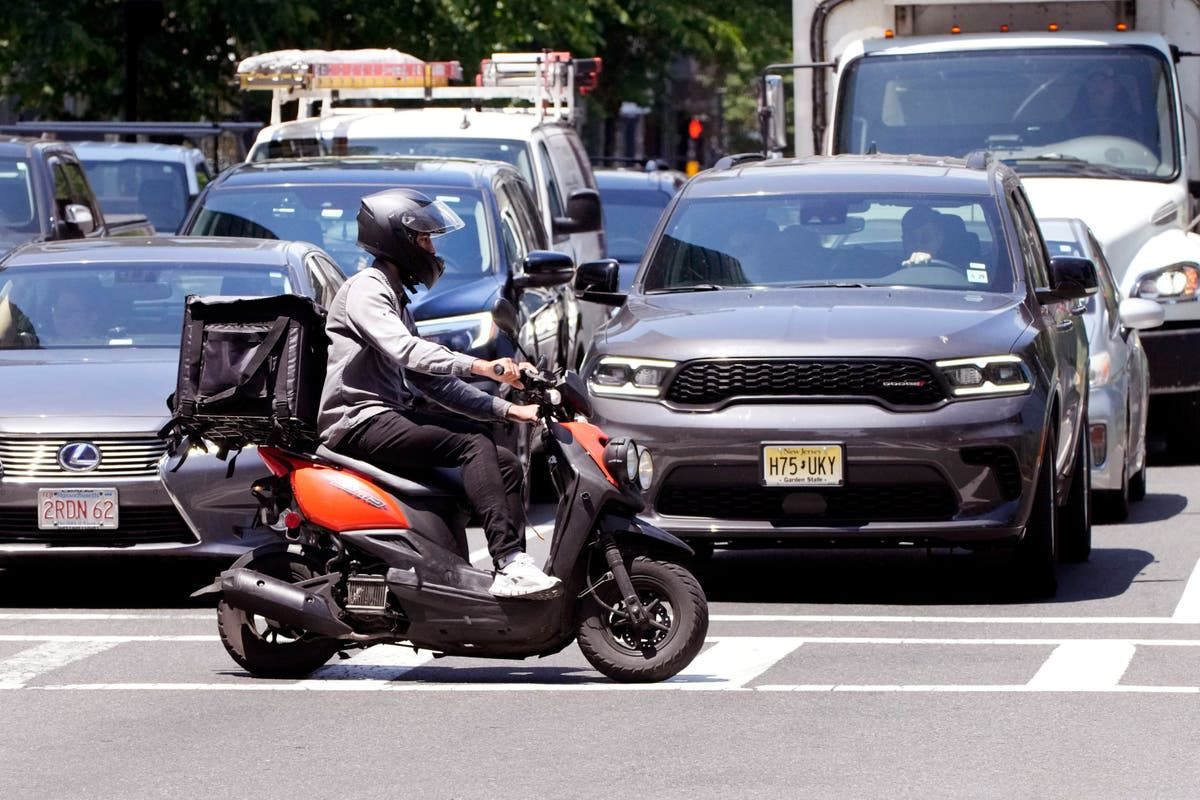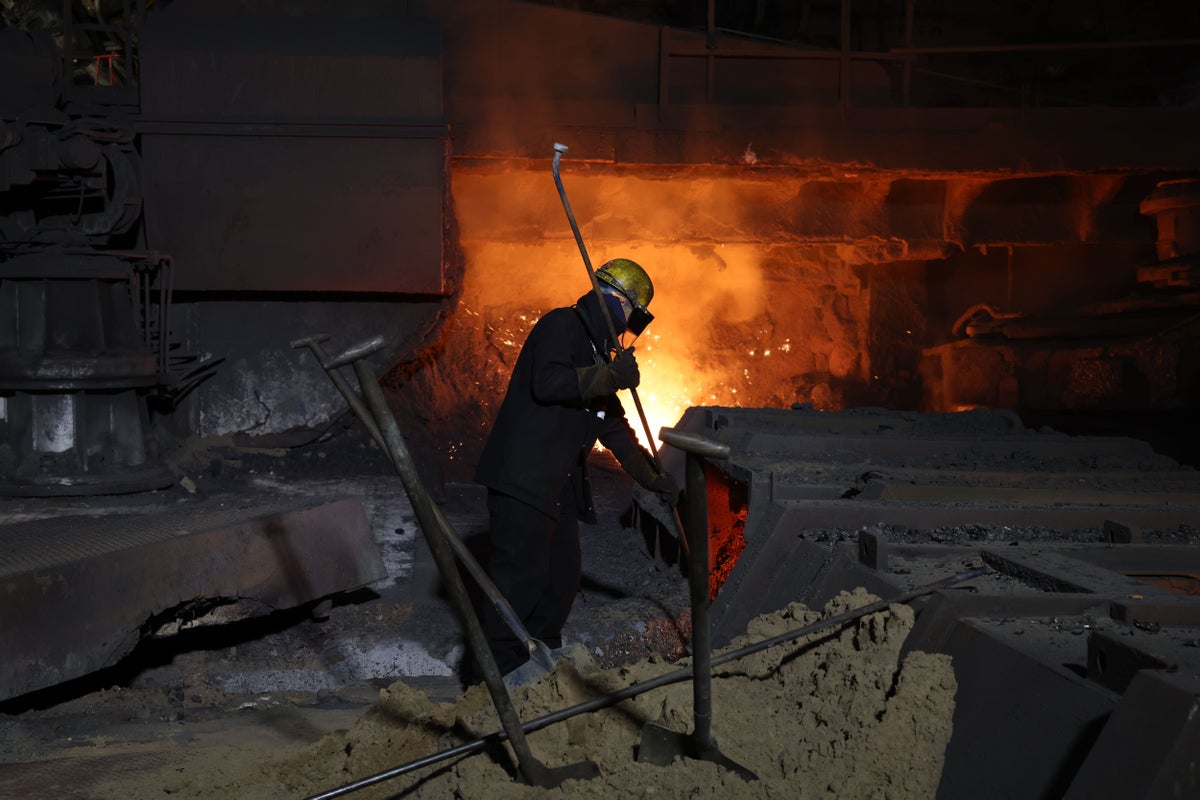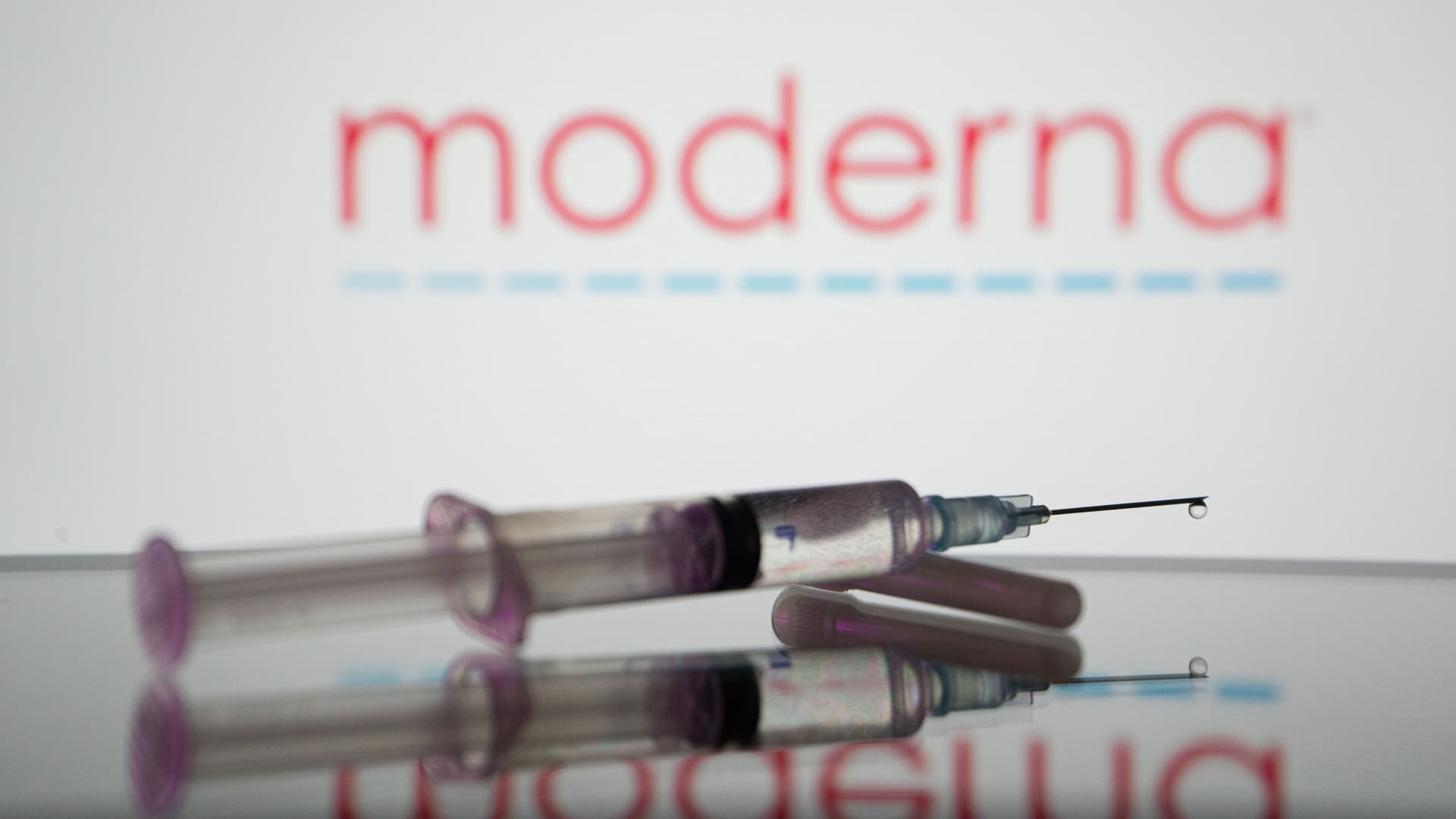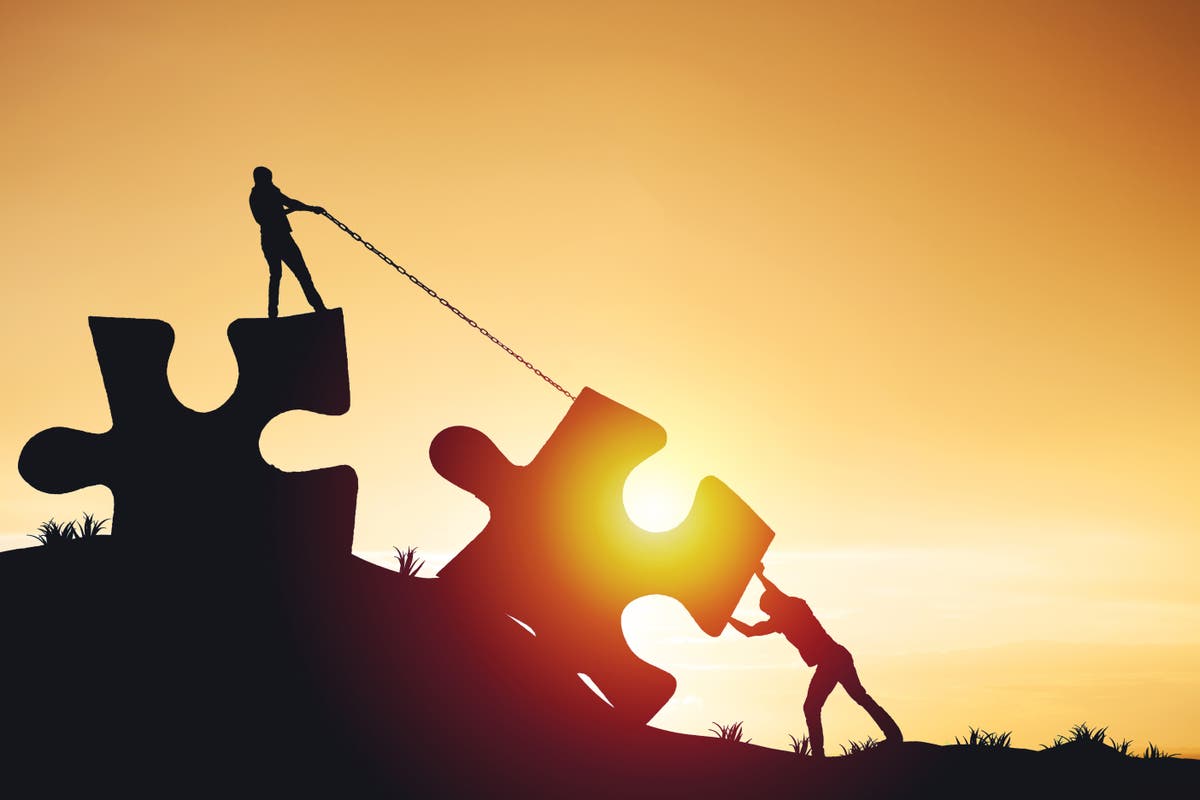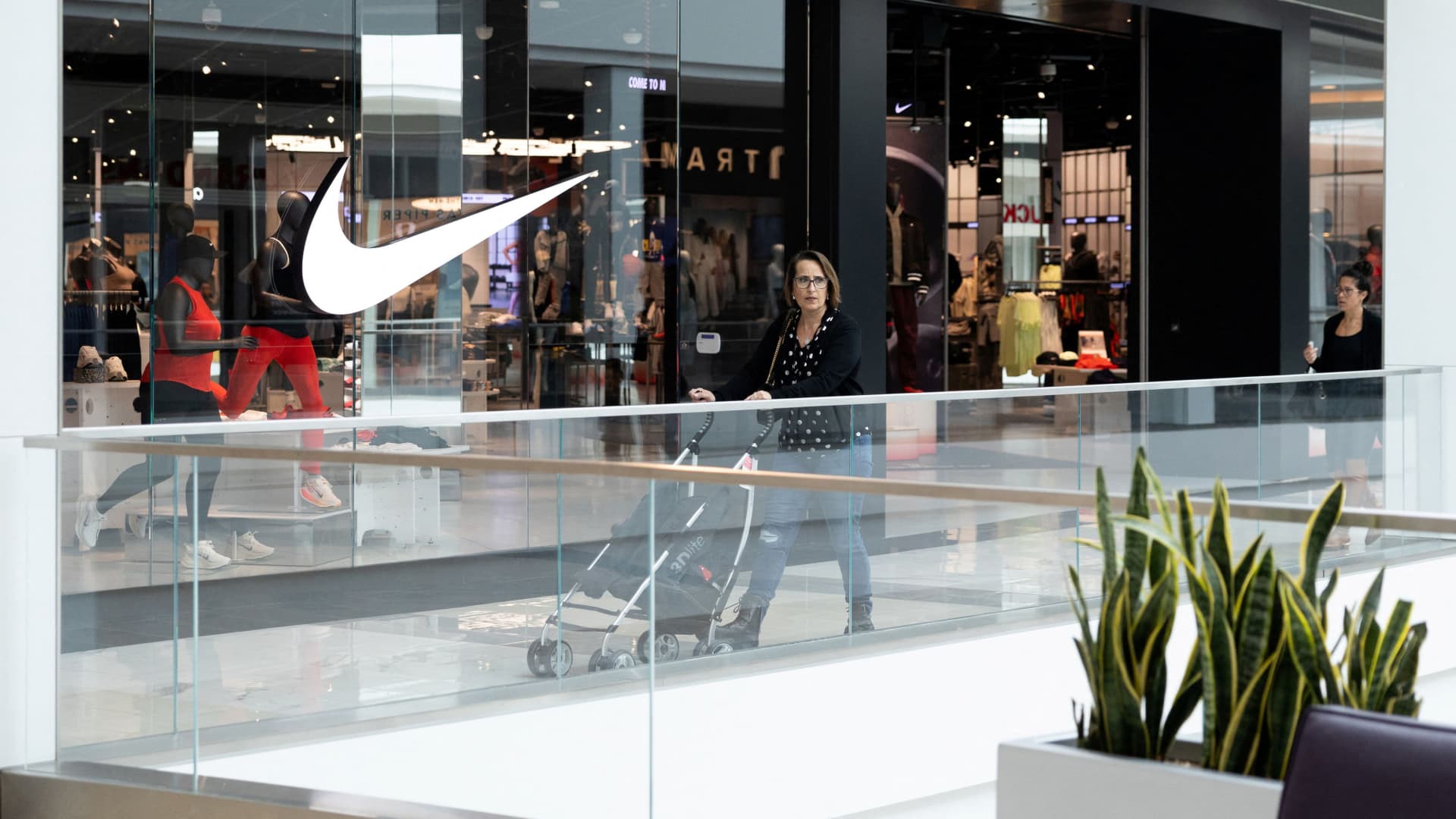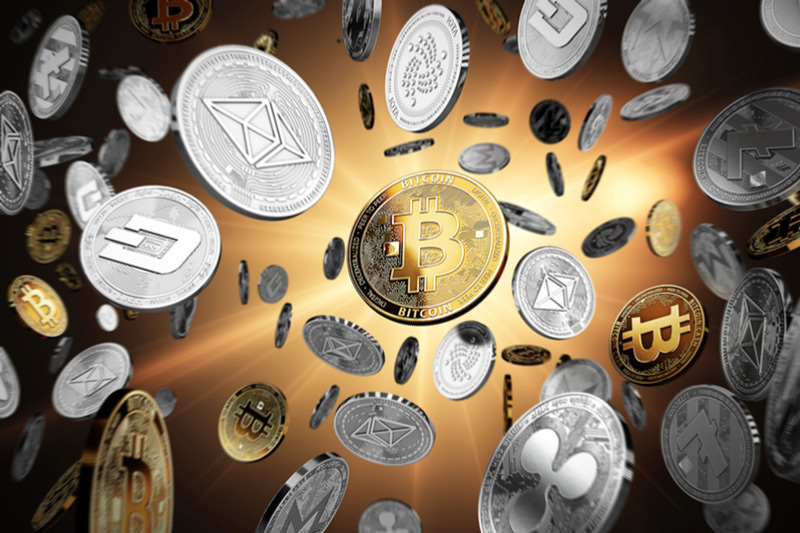The demand for food delivery has generated armies of couriers (and growing alarm) in big cities where scooters, motorcycles and mopeds weave in and out of traffic as their drivers race to drop off salads and sandwiches.
Officials in Boston, New York, and Washington, D.C., have begun cracking down on delivery companies by issuing warning letters, seizing illegally registered or driven vehicles, and launching special street patrols to enforce the rules. Speed limits. The reaction is not limited to the United States: there have also been a series of repressive measures in London and other British cities.
For their part, delivery companies have committed to working with city officials to ensure that all their drivers operate legally and safely.
In a letter sent this week to food delivery companies DoorDash, Grubhub and Uber, Boston officials cited an “alarming increase in the illegal and dangerous operation of motorized motorcycles, mopeds and scooters” that they said put drivers, other motorists and pedestrians “in imminent danger.” .”
The letter alleged that some drivers were driving unregistered vehicles and violating traffic laws, and warned of an imminent crackdown on the vehicles. It also required companies to explain how they can ensure their drivers operate safely. Massachusetts State Police said they identified dozens of mopeds and scooters that were incorrectly registered or driven by unlicensed drivers. Fourteen illegal mopeds and scooters were seized in one Boston neighborhood alone on Wednesday.
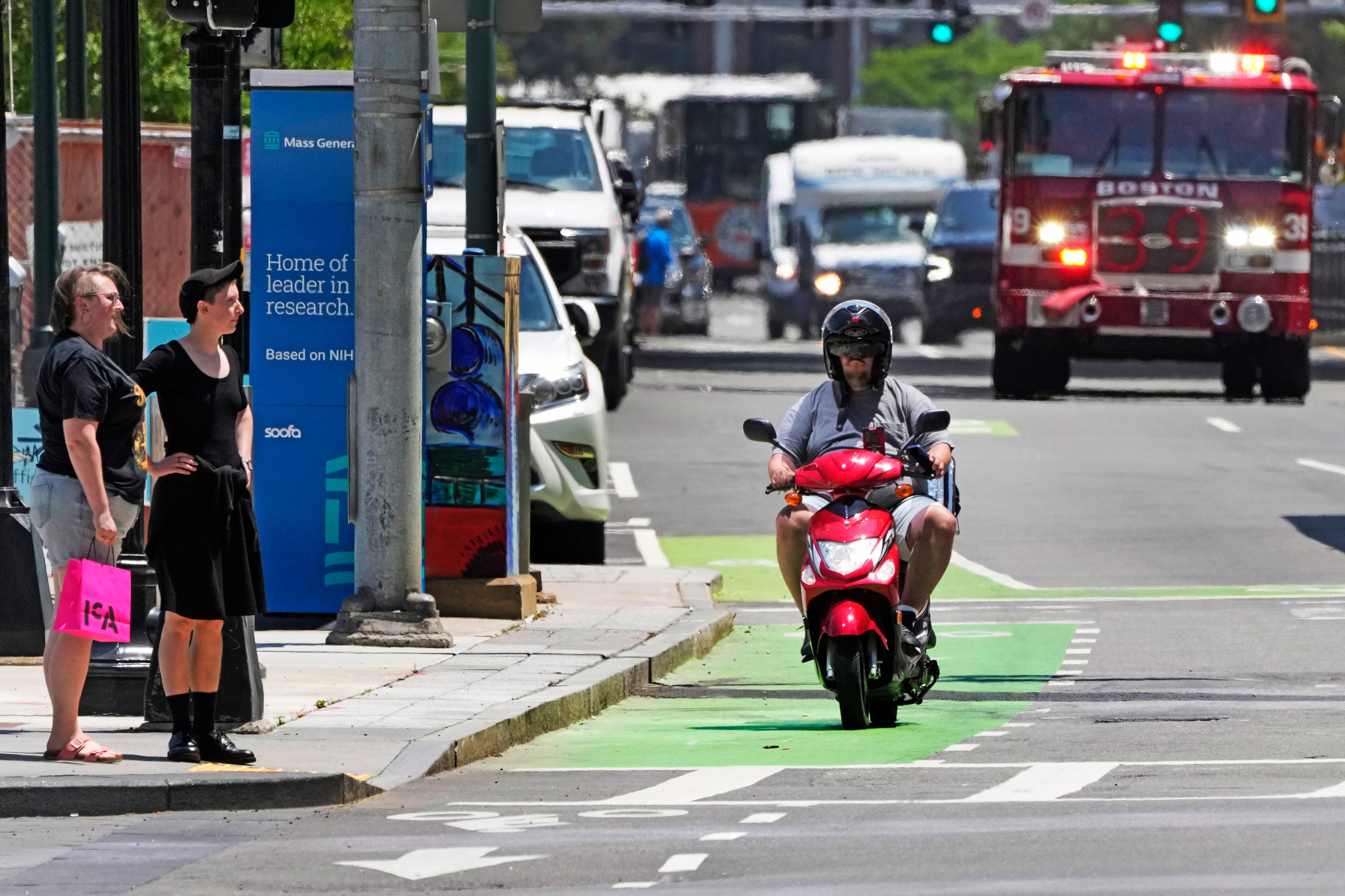
In New York City, authorities have seized 13,000 scooters and mopeds so far this year; On Wednesday they crushed more than 200 mopeds and other illegal delivery vehicles. Meanwhile, authorities in Washington, D.C., launched a program called Operation Ride Right on Wednesday to ensure two-wheeler drivers follow the law. Since it began, authorities have made five arrests and confiscated 17 mopeds.
“They have terrorized many of our pedestrians, particularly our seniors,” New York City Mayor Eric Adams said Wednesday at an event in which two-wheeled motorized delivery vehicles were destroyed. “Passengers who think the rules don't apply to them will see an aggressive enforcement policy.”
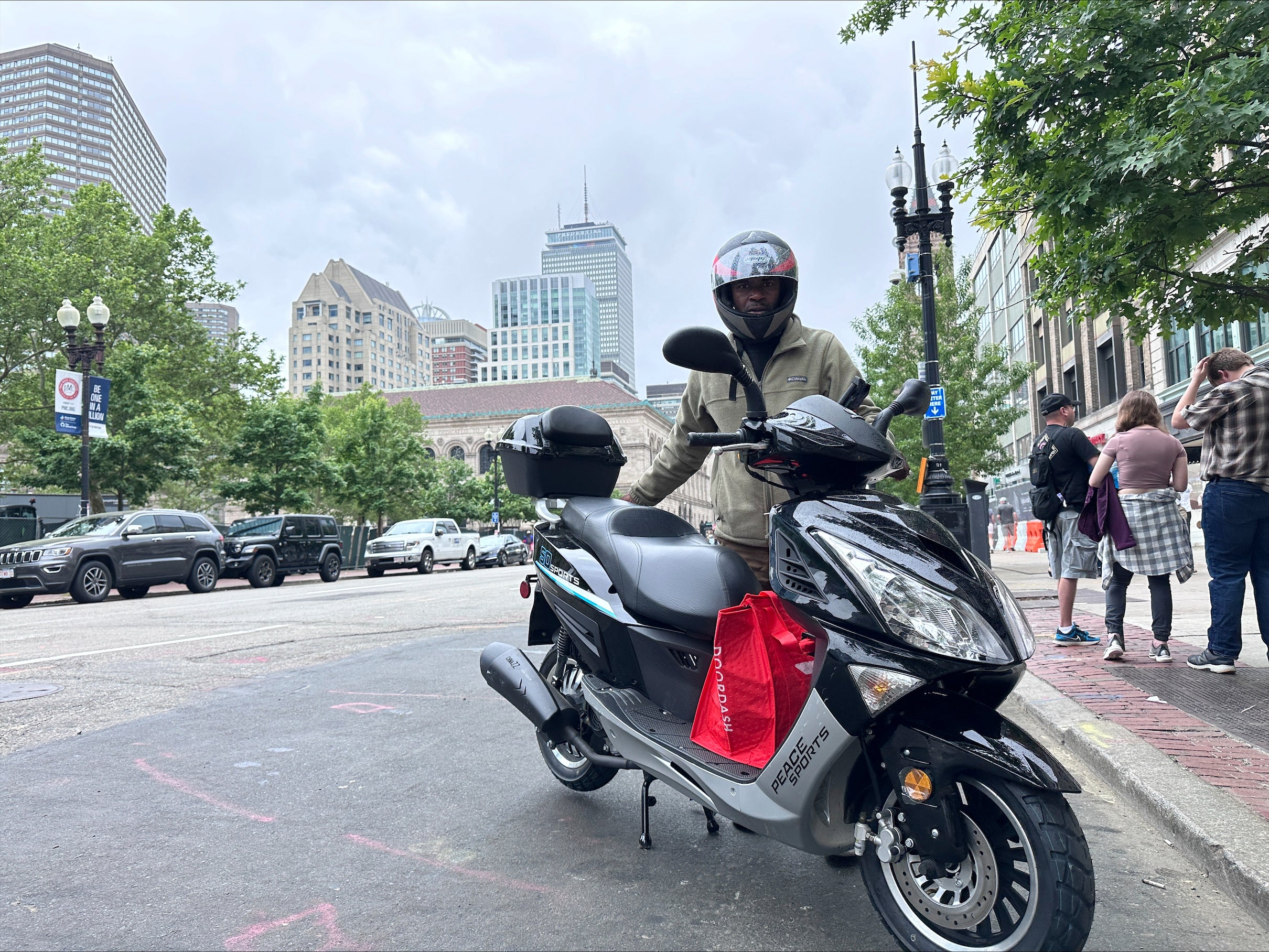
When food delivery services had their biggest resurgence during the COVID-19 pandemic, most drivers used cars to deliver their fare. That led to increased traffic congestion, prompting a shift toward motorcycles and other two-wheeled modes of transportation.
The drivers, many of them immigrants from Latin American countries but also from West Africa and South Asia, say they are just trying to make a living and provide a service that gets customers their food quickly.
“We are not all bad,” said Luis López, a delivery driver from the Dominican Republic who spoke to The Associated Press on Friday from his motorcycle in an area of multiple fast-food restaurants near the Boston Public Library. “We come to work, to earn a living, to pay rent and to send something to our families.”
López, who arrived in the United States about three years ago, acknowledged that some drivers are unlicensed or drive unregistered vehicles, and he has seen them run red lights and jump onto sidewalks, threatening pedestrians. Some people are so reckless that they also put other delivery drivers at risk, he said.
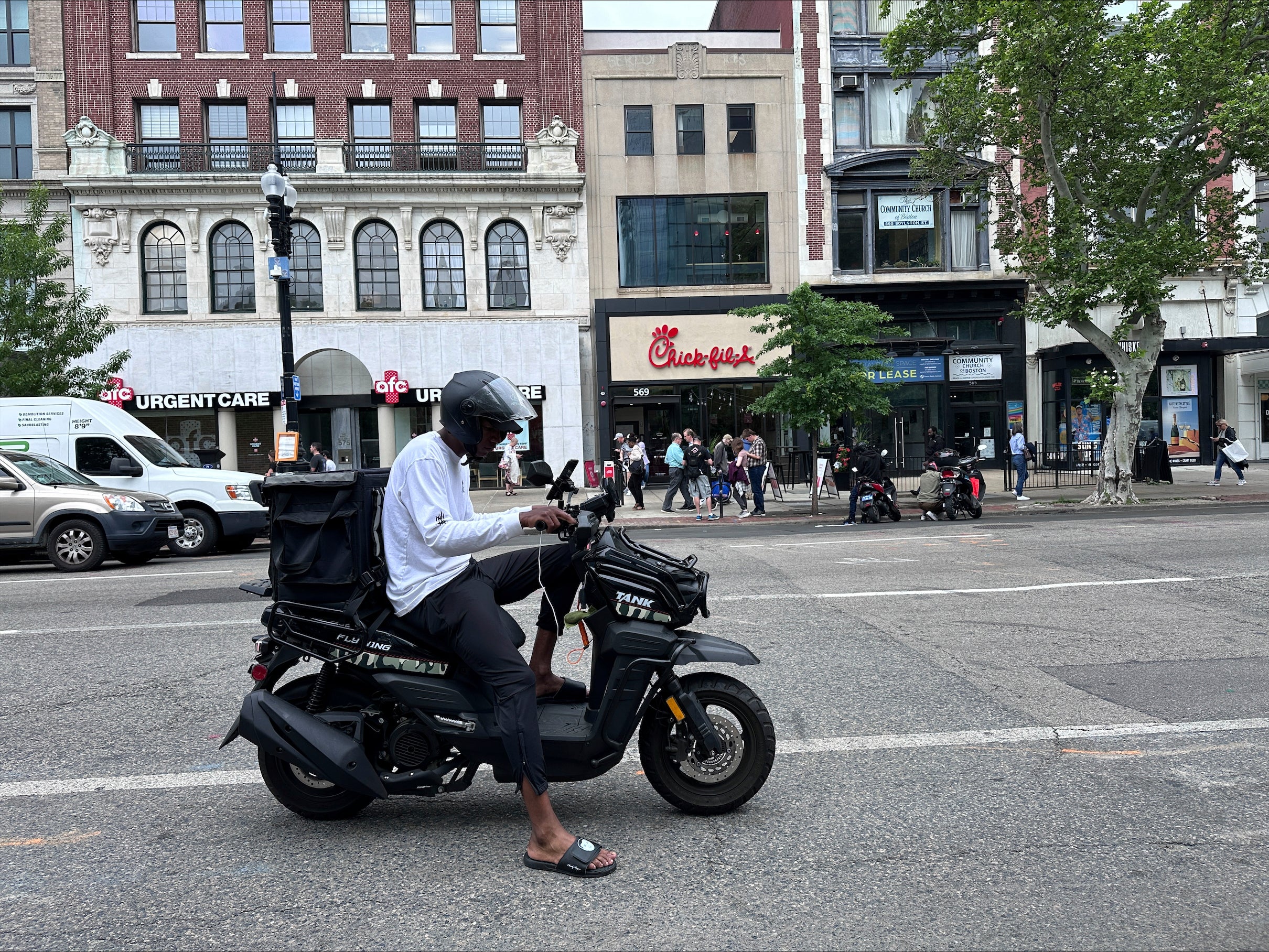
He said he was among a group of 10 delivery drivers outside Chick-fil-A on Thursday night when a police officer approached them with a flyer describing how to register their scooters and mopeds. The entire group agreed to do just that.
“We have to respect the law,” he said, speaking in Spanish. “We are going to respect the law so that they let us work here.”
Drivers of motorized two-wheeled vehicles are coming under much greater scrutiny than other auto workers, such as Uber and Lyft drivers, faced years ago because they can more easily violate traffic laws, said Hilary Robinson, a professor. law associate. and sociology at Northeastern University.
The shift to vehicles “is really an attempt to make high-risk, low-wage labor available so that we can all have cheap goods and services,” Robinson said. “It's maybe one of the reasons why people are starting to realize that there really is no such thing as a free lunch.”
William Medina, a delivery driver in New York who is also the lead organizer of the Los Deliveristas Unidos Campaign, blames the delivery companies.
“This is a problem that started because companies force you to deliver from afar,” he said in a phone interview Friday. Medina started delivering food by bicycle, switched to an electric bicycle and now uses a moped to make longer trips.
“If you have to complete the delivery 6 miles, 7 miles, you have to complete it,” he said.
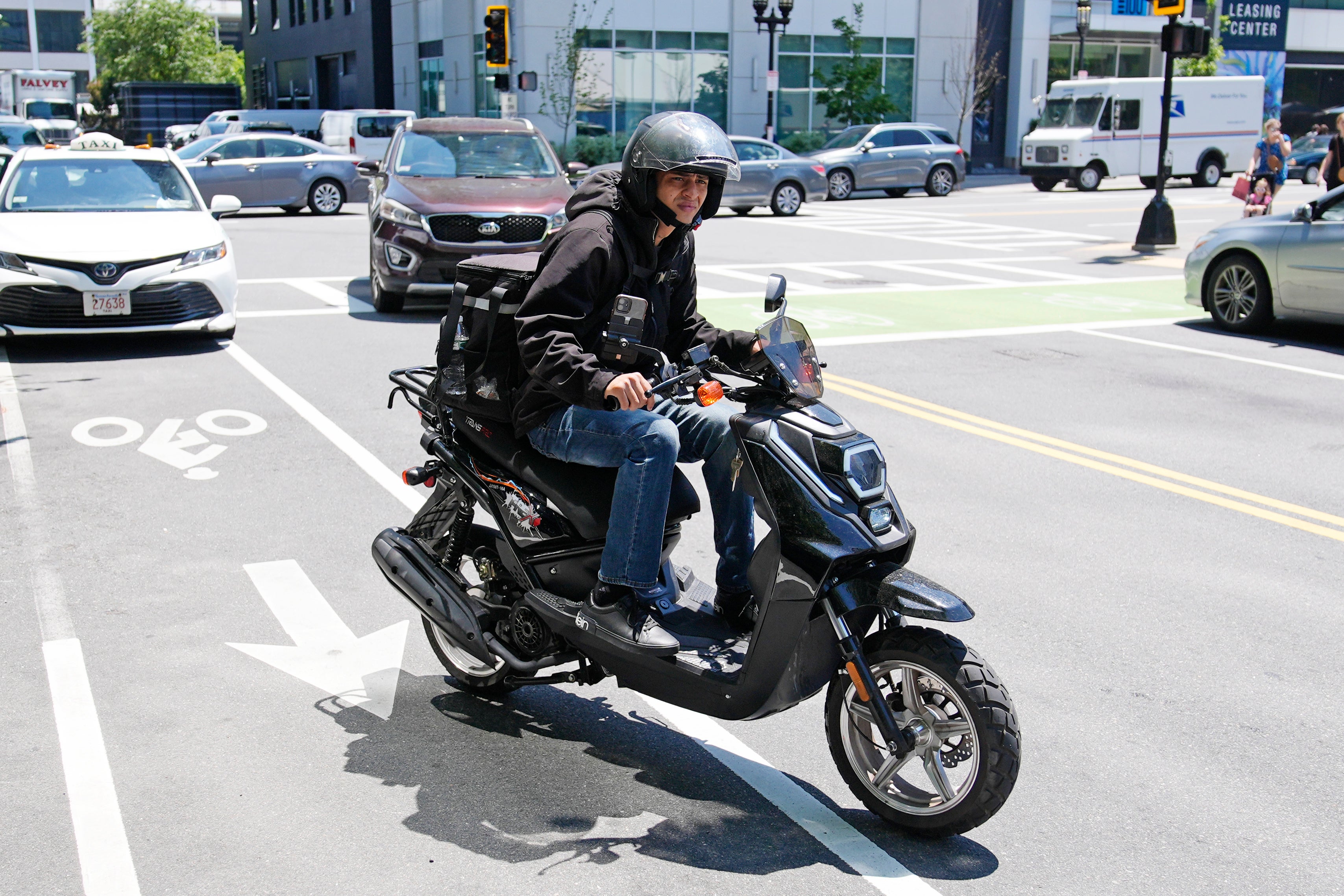
Among those advocating for stricter law enforcement in Boston is Councilman Edward Flynn, who said on Facebook that “it can no longer be the Wild West on the streets of Boston.”
“Everyone who uses city roads must respect traffic rules. “If you can go 40 km/h like a car, you should be licensed, registered and have liability insurance in case of accident and injury,” he wrote.
Some Boston residents support tougher measures against scooters.
“I get frustrated when they don't follow traffic laws,” said Anne Kirby, a 25-year-old student who was eating lunch in a Boston neighborhood a few hundred feet from several scooters. “I feel like I almost get hit every day when they go through the crosswalk when it's not their turn.”
But Jaia Samuel, a 25-year-old Boston hospital worker, was more conflicted. She said she agreed that delivery scooters can be dangerous, but she also acknowledged that she relies heavily on delivery services for her food.
“I think it's unsafe to some extent, weaving between cars and not stopping for red lights,” he said. “But I feel like everyone should be able to make a living, so who am I to say anything? It would be a disgrace for me. I would be taking a hit with the repression against them. I order a lot of Uber Eats and DoorDash.”
Three major food delivery services have pledged to work with officials and neighborhood advocates to address the issue.
“The vast majority of Dashers do the right thing and, like all drivers, must follow the rules of the road. If they don't, they face consequences, just like anyone else,” DoorDash said in a statement Wednesday.
Grubhub said its employees already pledge to obey all local traffic laws. “While law enforcement is best handled by police, we take safety seriously and will take action to address any reports of unsafe driving,” the company said in a statement Thursday.

